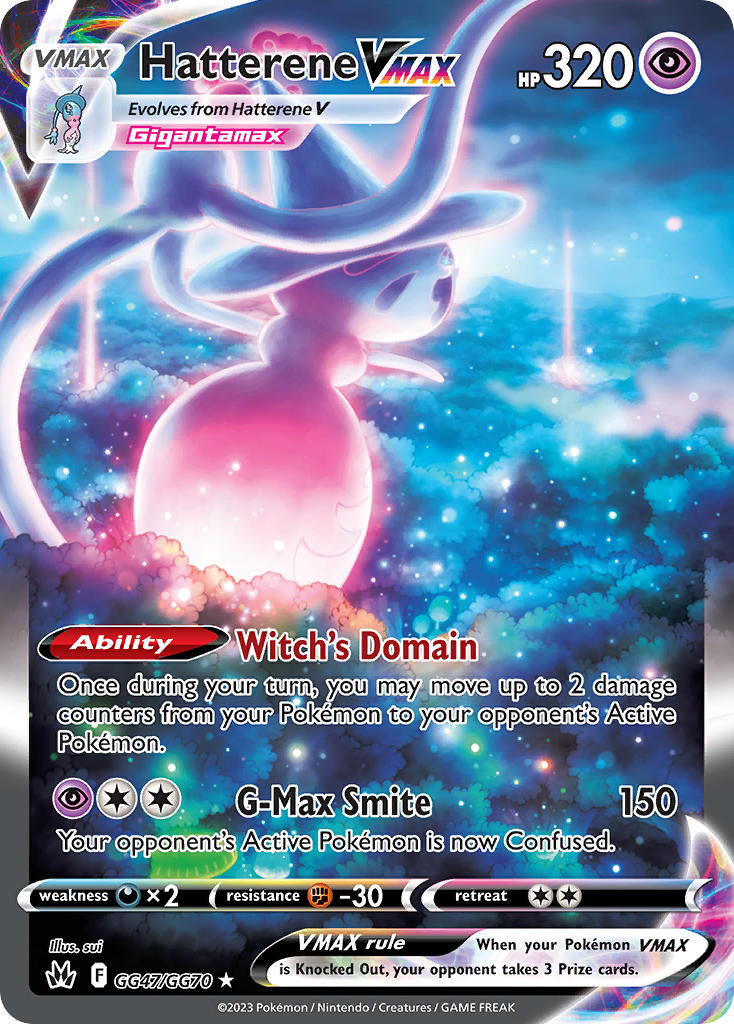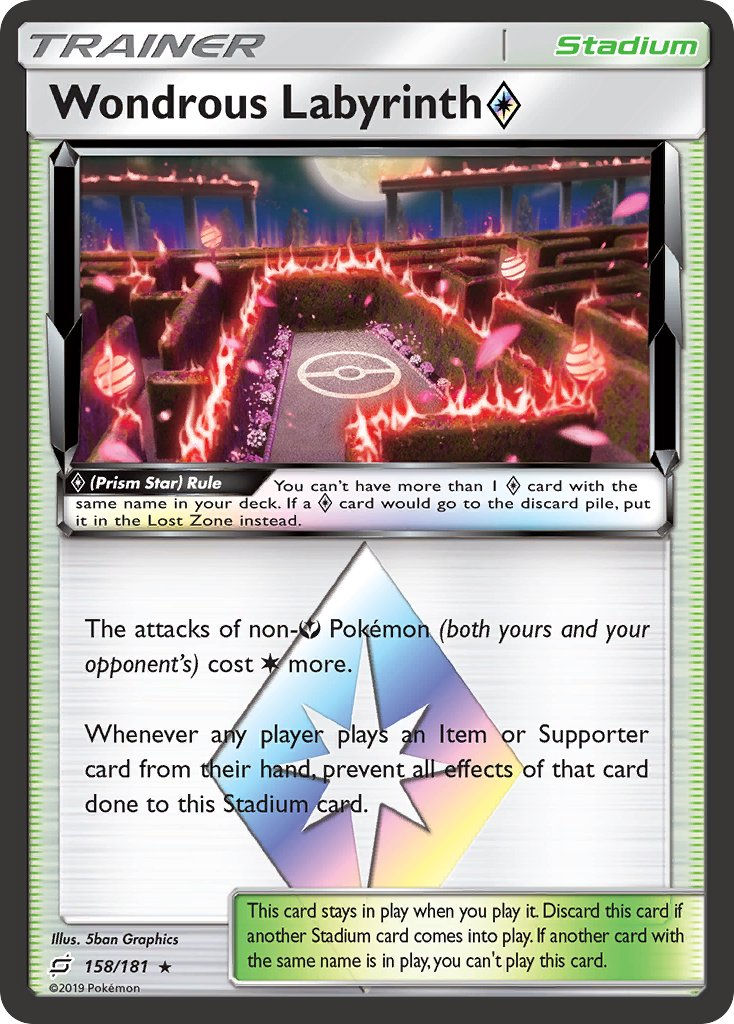The Mental Health and Sociology of the Pokémon TCG
- Colin Moll
- May 26, 2025
- 3 min read

The multi-year project that Steffen Eriksen and I recently completed with the publication of our paper, The social links in nerd culture and barriers to mental health care in the Pokémon TCG community, marks both a satisfying ending and an exciting beginning. This paper is the payoff after the culmination of a great deal of work and also a starting place for even more avenues of inquiry. I have been thinking about both the accomplishment and also the possibilities it could help usher in for me, or anyone else that wants to make use of its findings.
First, one of the most important takeaways from the paper is that it is exceedingly difficult to assess the mental health of collections of people - and the Pokémon TCG community is no different. Survey instruments have inherent limitations and questions can be taken as sensitive. The list experiment we made use of in our project found that there is a considerable amount of stigma that players direct toward themselves (i.e. self-stigma). In other words, Pokémon TCG players find it difficult to share their lived experiences with mental health problems - even in an anonymous survey. This confirmation of measurement challenges offers lessons for both researchers and community members. Our survey was open to the world, but ended up attracting mostly English-speaking players from Europe and North America. We found significantly more stigma within North American players - of which many are from the United States. This is a key insight for anyone who wants to make a difference with respect to the level of distress in our community.
It was my goal to better understand the phenomenon of rumination by the end of this project, and I think I have made some progress. There is still much to learn, though. It does seem that a ruminative response style can tend toward a deep end that is both counterproductive and hospitable to certain conditions favorable for a full blown case of depression. This paper adds to the evidence that this tendency can manifest itself within our minds. It also offers suggestions as to how and when this can happen. Younger people tend to ruminate more, which is not a new finding. What is novel, however, is that we find a positive association between a player’s level of engagement with the Pokémon TCG and their ruminative response style. When I talk about highly engaged players, I mean players who spend more time playing the Pokémon TCG and/or report that they take their gaming seriously. For me, this was the most exciting finding from the project. It also offers the most interesting path forward.

We are explicit in that our paper does not offer any insights into what causes ruminative thinking. It could be that the game attracts people with already established ruminative response styles. It could also be that playing the game and participating in the community are risk factors for ruminative thinking. There are those who wonder if ruminative thinking can be taught, or if it can be “caught” in some other type of social exchange.
This is a question I hope to take with me to my graduate studies in sociology. I already reveal the magnitude of importance I attribute to social forces simply by picking sociology as an academic home. Humankind is enormously complicated and endlessly fascinating. Our community of Pokémon TCG enthusiasts is no less complicated nor fascinating, and I am very grateful to everyone who took our survey a few years ago. And I hope you will continue to wonder about these things with me.
Colin



Comments